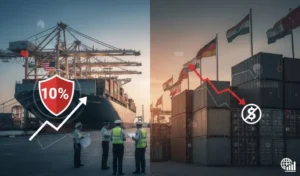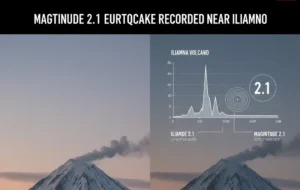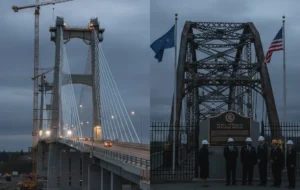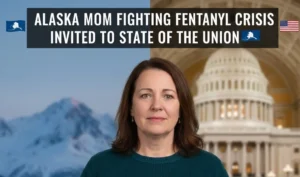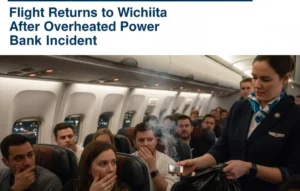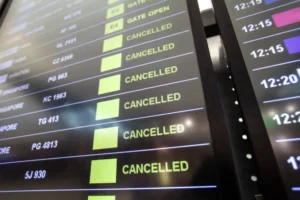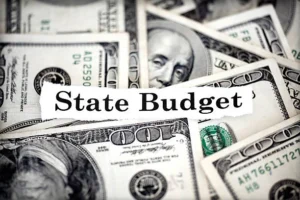The Trump administration announced Monday that it would repeal Roadless Rule protections in Alaska, ending key restrictions in Tongass National Forest. Officials said the decision aims to boost timber harvests and road building in Southeast Alaska, which affects over 9.4 million acres of forest.
Agriculture Secretary Brooke Rollins claimed this move would reduce wildfire risks and improve local management of 59 million forested acres. Supporters of the repeal, including Senator Dan Sullivan and Representative Nick Begich, hailed it as a win for economic opportunity and energy projects.
Sullivan argued that the rule blocked Alaska from accessing resources like timber, minerals, and hydropower on its lands. Representative Begich called the rule a form of bureaucratic overreach and celebrated its repeal as a step toward self-determined land management.
However, the decision drew intense criticism from Alaska Native leaders and conservationists who view the rule as essential to survival. Joel Jackson, president of the Organized Village of Kake, said the repeal jeopardizes food security and decades of forest recovery.
Meda DeWitt from the Wilderness Society called the action reckless, stressing its long-term harm to biodiversity and cultural preservation. She warned that logging could endanger communities that have lived on and protected the land since before American colonization.
Conservationists say Trump’s emergency timber memo is unjustified and favors industry at the expense of public and environmental health. The 2001 Roadless Rule initially banned road construction across millions of acres, including vital stretches of the Tongass National Forest.



